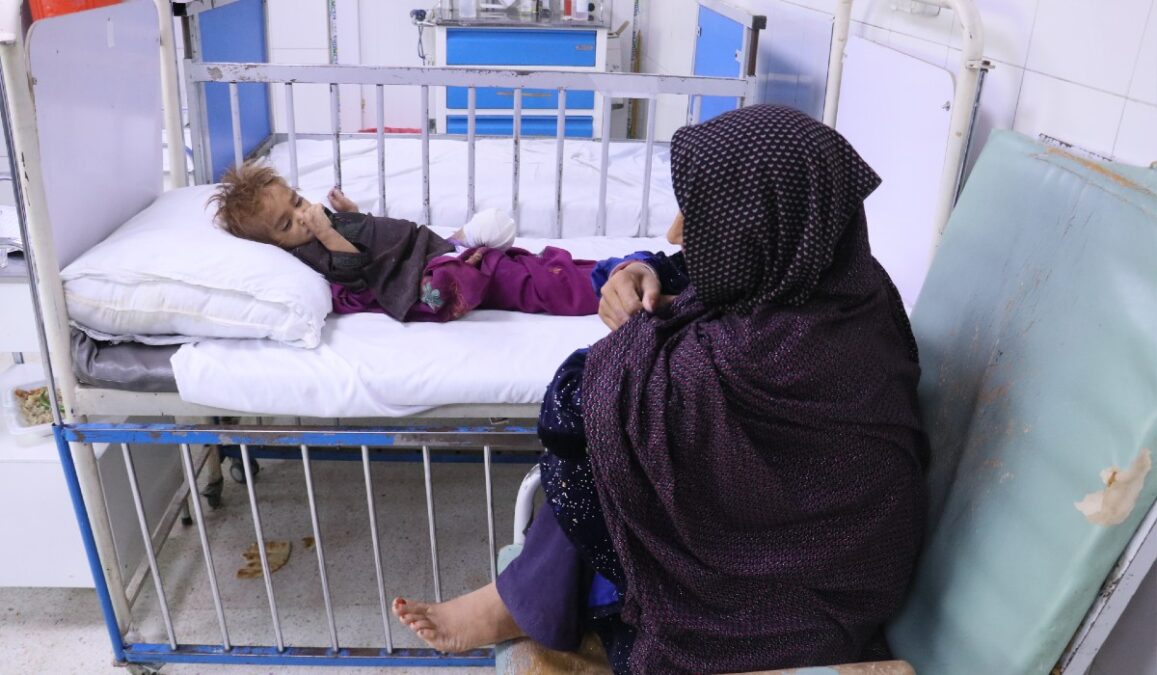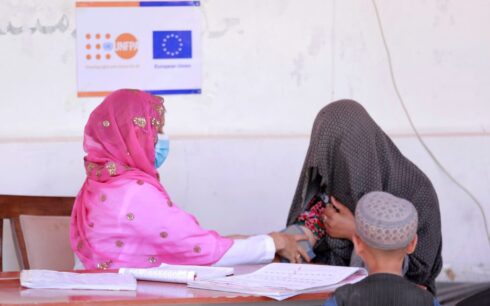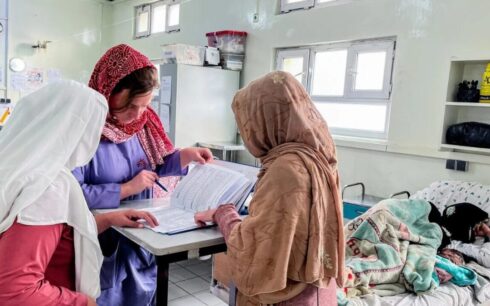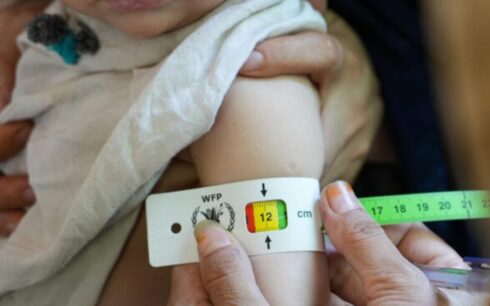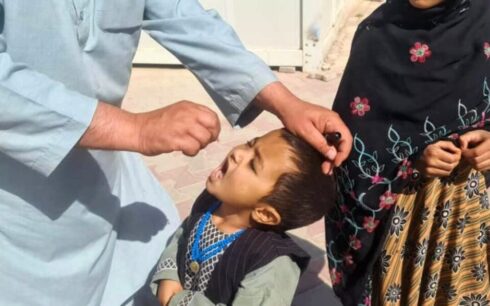A new survey by the National Statistics Authority in collaboration with UN International Children’s Emergency Fund (UNICEF) shows that 24 newborn babies die in every 1,000 births in Afghanistan and only 33.7 percent of women give birth in hospitals.
The survey has been conducted in 34 provinces of the country and 338 districts and has cost $3 million, according to Faqir Mohammad Ziar, Taliban’s chairperson for the National Information and Statistics Authority (NSIA).
The survey shows that 31.5 percent of mothers give birth at home without a midwife and 33.7 percent give birth in hospitals, with the remainder giving birth at home with a midwife.
The report also shows that 28.7 percent of women got married at the age of 20 to 24 years old while 9.6 percent got married between 15 and 18 years of age.
Announcing the results of the survey, the deputy head of the Taliban’s NSIA, Esmatullah Hakimi, said the survey shows that 76.4 percent of pregnant women visit a doctor one to three times during their pregnancy.
According to the survey, 33.4 percent of pregnant women visit a doctor four or more times during their pregnancy.
The survey also provides information about children’s nutrition and says that 44.7 percent of children under the age of five years old have shown less growth in their height than normal children and 18.4 percent of children under the age of five years old are also underweight.
The report finds that at least 12 percent of children in Afghanistan are not living with their parents, while 19.4 percent of children from the age of five to 17 years old are engaged in labor.
Faqir Mohammad Ziar, Taliban’s chairperson for the NSIA, said that the survey was conducted three times previously in 1376, 1382 and 1390 solar years (1997, 2003 and 2011).
The survey has been conducted by 462 surveyors, including 136 women. Meanwhile, 23,213 families, including 44,341 mothers, 32,989 children under the age of five and 20,068 children from the age of five to 17 years old have been interviewed in this survey.
The shocking findings of the survey comes after substantial money was invested by the international community through aid agencies in Afghanistan’s health sector but millions of children are prone to malnutrition and the health sector is still struggling with many problems.

